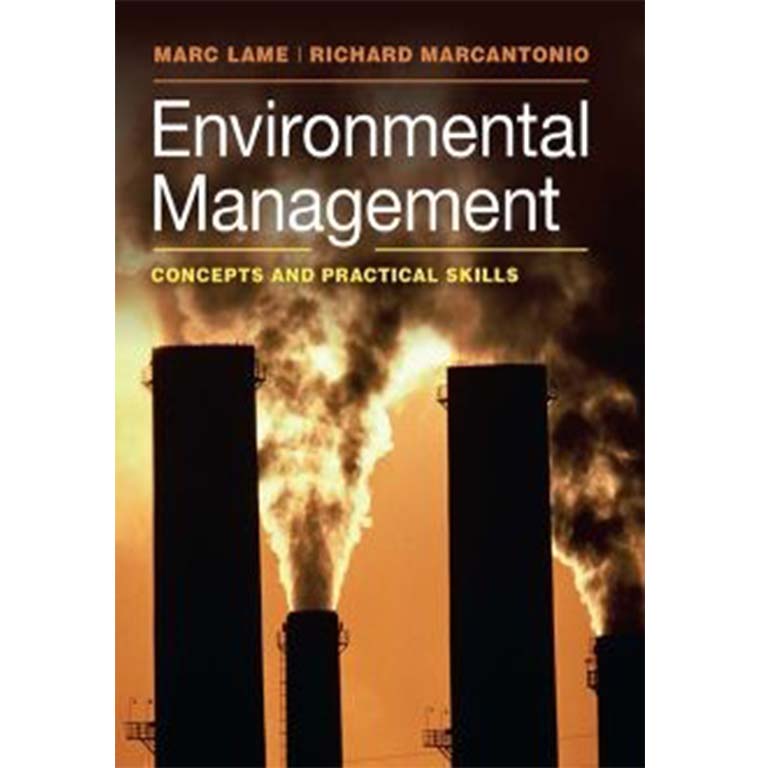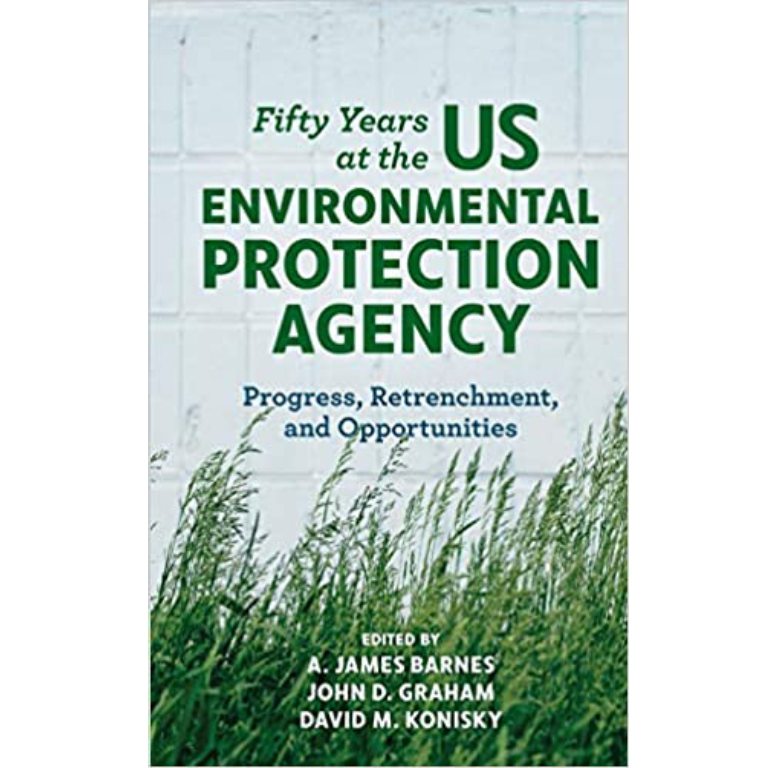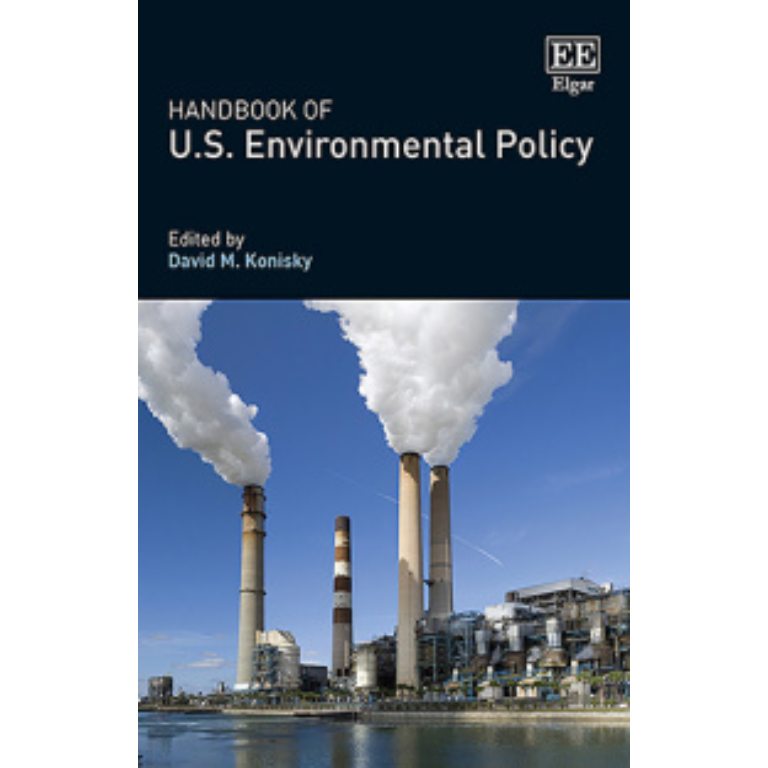The top-ranked O’Neill School of Public and Environmental Affairs is the largest school of its kind—and the first to combine public policy with the environmental sciences.
Our faculty collaborate across disciplines alongside research scientists in the field and build partnerships around the world in search of policy solutions to pressing environmental problems facing society.






